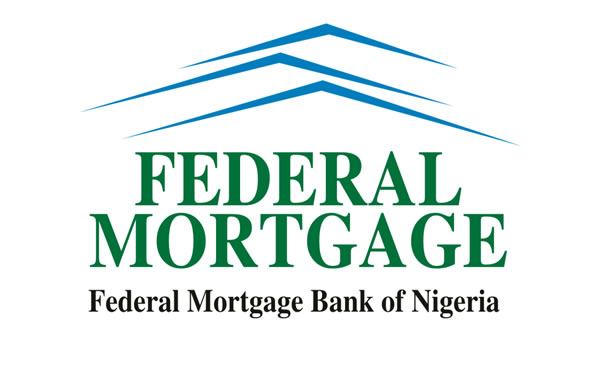632
By Daniel Adaji
The Federal Mortgage Bank of Nigeria (FMBN) transferred the sum of N4.7bn through E-Tranzact accounts without the Central Bank of Nigeria (CBN) approval as well as unsecured investments worth over N116bn.
This is according to the 2021 audit report by the Office of the Auditor General of the Federation, (OAuGF) obtained by pointblanknews.com.
According to the report, FMBN transferred N3.27bn from its E-Tranzact international account and another N1.45bn from a local E-Tranzact account on February 13, 2020, bringing the total to N4.71bn.
The approval for these transfers reportedly came from the bank’s Managing Director, yet the audit team found no documentation to show that the Central Bank of Nigeria (CBN) had requested or authorized such movement of funds.
The auditors flagged the lack of a CBN instruction as a serious red flag, expressing doubts about the validity of the transaction.
“No letter from the CBN attached to the payment voucher notifying FMBN that the transaction in question was wrong, and reversal should be done accordingly,” the report said.
This raised suspicions that the transaction may not have been conducted in the public’s interest, and auditors have demanded an explanation from the Managing Director.
The report further revealed procurement of laptop computers which the bank reported spending over N42.8m for laptops across its Lagos offices. However, a physical inspection by the audit team showed that only four laptops one per branch at the Lagos Zonal Office, Lagos Main Office, and Apapa Office were present.
This discrepancy suggests that the procurement may not have occurred as claimed, with auditors warning of the risk of non-existent projects and potential loss of public funds.
The report also highlighted that FMBN placed fixed deposits totaling N116.2bn in various commercial banks without securing the mandatory Fixed Deposit Receipts (FDRs).
Only a few deposits, notably those with UBA, were acknowledged with valid documentation. The absence of FDRs leaves the funds vulnerable and raises the risk of potential loss of public investments.
Compounding this concern, the auditors noted that the interest rates earned on these deposits were suspiciously low, suggesting a lack of regard for maximizing returns on public contributions to the National Housing Fund.
Equally troubling was a payment of N115.6m to the audit firm 5ada Idris & Co for auditing FMBN’s 2016–2020 financial statements. Despite this payment, the audit team found no evidence that any of those financial statements had been completed or submitted, as required by law.
The report directed the bank’s management to either justify the expenditure or refund the entire sum.
Several construction and infrastructure projects financed by the bank also failed to meet audit expectations. For instance, N210.9m was released for a 72-unit housing project in Shagamu, Ogun State, under the Lagos State Property Development Corporation, but staff at the FMBN branch in Ogun did not know about the project.
Similarly, N4.96m was spent on stormwater renovation at the Abeokuta branch, though staff confirmed that no such work had taken place.
A housing project handled by Priority Investment Ltd in Ogun State, for which N389.3m was disbursed, was found to be of poor structural quality.
Inspectors observed that columns meant to reinforce the buildings lacked iron rods and concrete, casting doubt on the integrity of the project and raising questions about project monitoring and contractor accountability.
The auditors also cited unconfirmed and potentially wasteful expenditures, including N8.2m paid for a construction project under Brains & Hammers that showed no visible signs of progress.
In another case, developers at Al-Mukhab were found to have charged unapproved prices and failed to deliver promised infrastructure such as water, electricity, and land for a school. They have been asked to refund over N290m.
Perhaps most concerning of all, FMBN was found to have failed to maintain a Treasury Cash Book, as required under Financial Regulations. This omission compromises basic accountability and transparency, as it makes it difficult to track the bank’s daily cash transactions.
The Office of the Auditor-General stated that unless the FMBN management provides verifiable justification for these financial anomalies, all implicated funds must be refunded to the federal treasury.
However, when contacted for a response, the FMBN refused to respond to the issues raised.
An official in the corporate communications office contacted by our reporter stated that “… apparently, that’s the worst that can happen,” a response to an earlier but similar report by pointblanews.com, thus justifying the misconduct by the bank which negates public interest.



